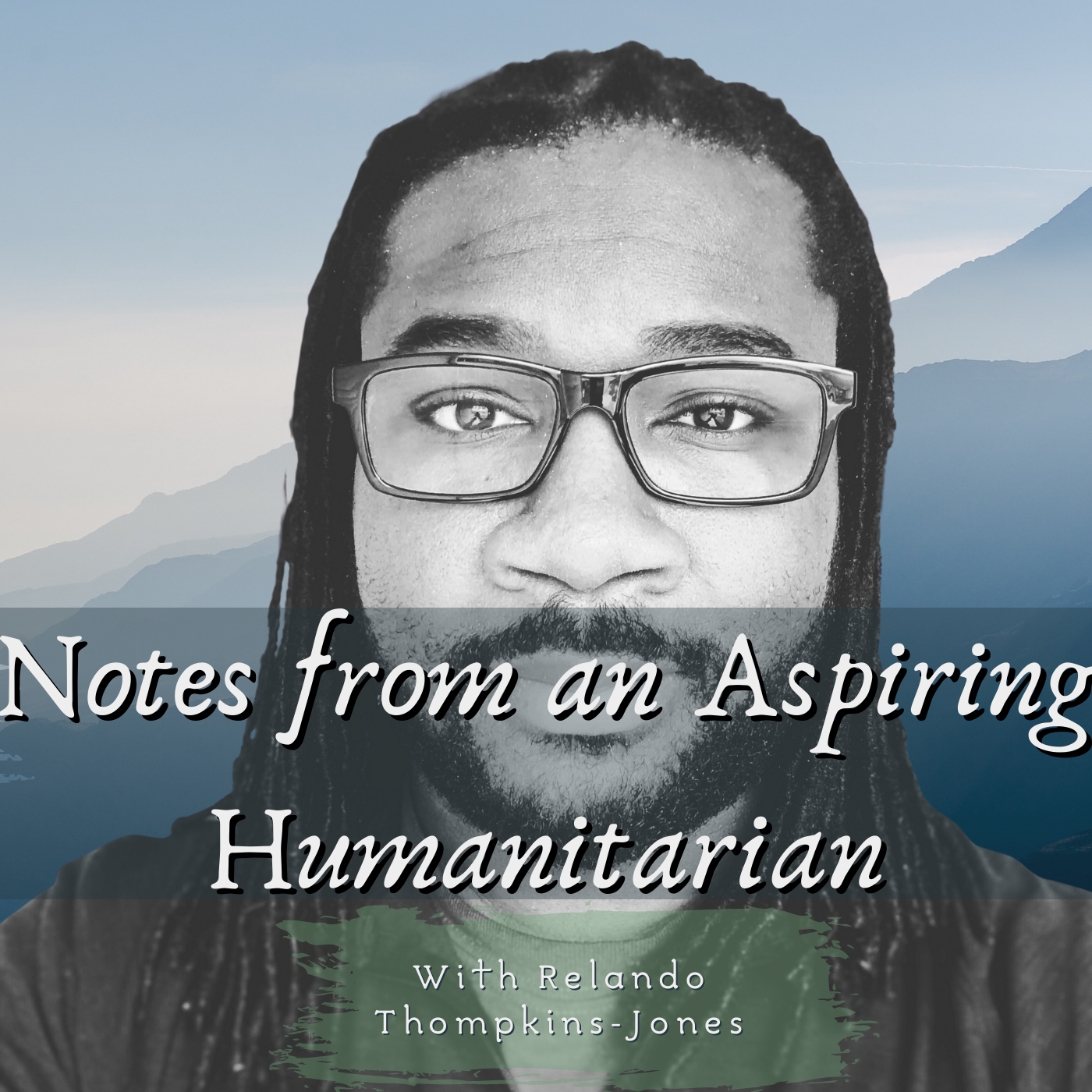On Doing a “Double Check”: What If You’re Not Missing Information?

In February of this year I wrote a note about the importance of taking time to do a “double-check” with ourselves when we encounter conflict in relationships.
In case you missed it, take a few moments to visit “On Relationships: When In Doubt, First, Do a “Double Check”: Lessons from Life’s Classroom” to get caught up.
Recently, a reader raised a very important concern that I felt we could all benefit from thinking about.
“Hey Relando! So what about when you are NOT missing any information, and this same thing happens? This is my situation with some people I truly love…….. “
An excerpt from my response, with a few edits from my original statement
One thing that stood out to me in what you’ve said is that it is a situation that happens with some people who you truly love.
“Truly love”. What a meaningful statement.
In my view, relationships have purposes, and when we find ourselves in situations where we are doing harm, or harm is being done to us, upon taking an honest look we might find that the purpose of the relationship has been forgotten by either ourselves, the other person, or the both of us.
If “love” is the purpose of the relationship, and either we, or the other find that our thoughts and actions are not demonstrative of that, then the “information” about the value of that person and that purpose may be either missing, forgotten, or perhaps even abandoned.
That’s why I really value doing the “double-check” because doing so can give us the opportunity to catch ourselves and do some “reality testing” before jumping to our own conclusions which may arise because of something we’ve experienced in the past, or because of some insecurity we may have.
“Would this person really intentionally do something to be hurtful to me, or is it something I might be missing? Is there something they might be missing that I might need to inform them of so that they will know how I feel about x, y, or z in the future?”
But yes, even after doing some serious evaluation of ourselves and others, seeking to give and get clarification about what may be taking place, sometimes we may find that the purpose is not what it once was. At that point we have some important decisions to make about whether or not we will remain involved.
I would never advocate for remaining in relationships that are hurtful and unhealthy, yet even in attempting to remain very general, I am missing information from you in responding to your question.
If you don’t believe you are at that point, perhaps seeking or giving clarification, informing your person/people about what works for you and what doesn’t, and the impact that their actions or inactions have on you personally could be helpful to create movement towards resolving the conflict.
Thank you for reading and commenting. I hope you come back in the future.
That was one response, but what’s yours?
From Aspiring Humanitarian, Relando Thompkins, MSW
—————————————————————————————————————————
(N.A.H.) is advertisement-free and reader supported. If you enjoy my notes, consider supporting (N.A.H.) with a one-time donation or by becoming a monthly patron.
—————————————————————————————————————————














